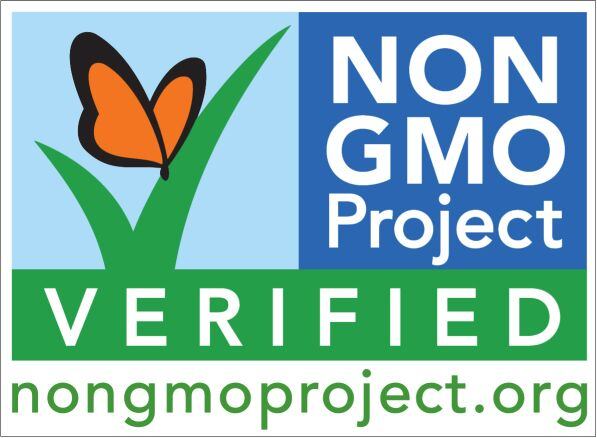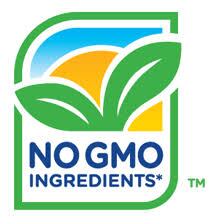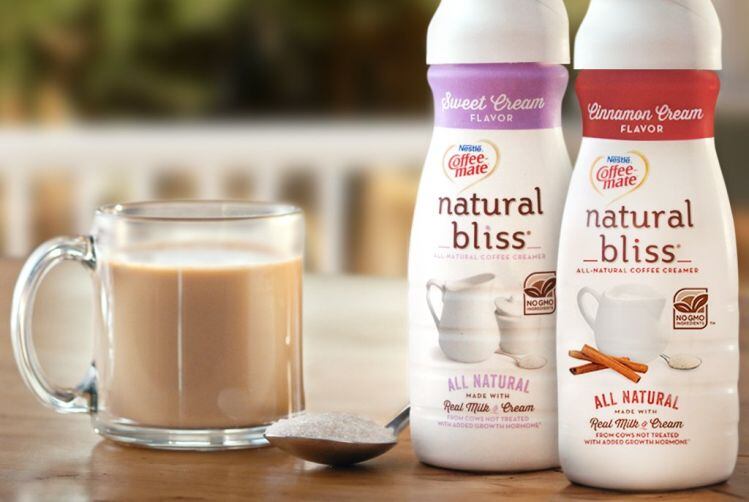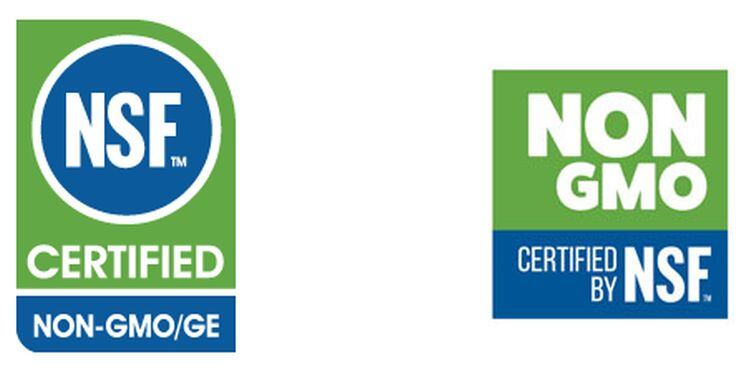In a complaint* filed in California last year, plaintiff Jennifer Latiff said she purchased Nestlé’s Lean Cuisine Marketplace frozen dinners and Coffee-Mate Natural Bliss creamers, which both feature a ‘No GMO Ingredients’ seal that she took issue with, because some of the products contained dairy ingredients she claimed were derived from cows fed GM feed.
“This violates the Non-GMO Project standard, which does not allow for its seal of approval to be placed on dairy based products that could be from animals fed GMO feed… Defendant avoids the Non-GMO Project’s feed standard by using its own, self-created No GMO Ingredients seal, thereby creating confusion and deceiving consumers. Defendant’s own ‘standard’ allows for the use of GMO feed for dairy animals. The Non-GMO Project’s independent standard does not.”
Separately, she argued that the seal deployed on the Nestle products “is not a designation bestowed by a non-profit group, or even a neutral third party, but instead is the creation of Defendant… In developing the No GMO Ingredients seal, Defendant intentionally mimicked the appearance of independent verifiers’ seals such as the Non-GMO Project.”
US district Judge Otis D. Wright did not opine on the merits of the case at this stage, but said in a September 19 order that Latiff had “adequately alleged that Defendant’s No GMO Ingredients Label could deceive a reasonable consumer, and Plaintiff has sufficiently stated a claim as to this cause of action.”
Nestlé USA: Disappointed with the ruling
Nestlé USA, in turn, pointed out that it does not claim to meet the Non GMO Project standard [which is stricter than many others in that it excludes meat and dairy from animals fed GM feed], and said its ‘No GMO Ingredients’ claims were verified by a different third party: SGS.

“As indicated on our labels, the process for manufacturing Nestlé’s products bearing a ‘No GMO Ingredients’ claim is verified by SGS, a world leader in third party inspection, verification, testing and certification.
"Our product labels declaring the absence of GMO ingredients are accurate, comply with FDA and USDA regulations, and provide consumers with information to help them make informed purchasing decisions.”
The SGS standard in question mirrors European standards and the new federal bioengineered labeling standard in the US, and does not stretch to meat or dairy ingredients from animals fed GM feed.
A Nestlé USA spokesperson told FoodNavigator-USA: “While we are disappointed with this ruling, it is purely procedural in nature and is in no way determinative of the merits of the plaintiff’s allegations, which remain unproven.”
Attorney: ‘There does not seem to be any let-up in sight for these cases’
So what do the legal experts say?
Lawyers quizzed by FoodNavigator-USA this week said the lawsuit highlighted the confusion surrounding Non-GMO claims - as the standards underpinning them can differ from one product to another – but said we shouldn’t read much into the judge’s decision not to dismiss the suit at this stage.

Ivan Wasserman, attorney at law firm Amin Talati Wasserman LLP, said: “While a dismissal could have provided some useful precedent relating to ‘non-GMO’ claims and seals, it is important to understand that the court denial of the motion to dismiss does not mean it thinks that Nestlé has done anything wrong.”
He added: “Courts can be reluctant to grant motions to dismiss since in a way it denies the plaintiffs their ‘day in court.’ Courts do not make factual determinations on a motion to dismiss. Instead, as long as the complaint contains a plausible argument on how consumers may have possibly been deceived, the case will be allowed to proceed, even without any proof of actual deception.”
So should this cause companies making generic non-GMO claims to worry?
“I think the answer is they were already worried,” said Wasserman. “Just like anyone else making claims no matter how buttoned down. There does not seem to be any let-up in sight for these cases.”

Attorney: 'I expect [plaintiff's case] to be more vulnerable when undisputed facts come into play'
William Dance, senior counsel at law firm Sklar Kirsh added: "It will be interesting to see whether, at the summary judgment stage, Nestlé will be able to demonstrate that the SGS certification is legitimately from an independent third party. Plaintiff’s claim that Nestlé generated this certification on its own and that it is therefore fake has survived a motion to dismiss but I expect it to be more vulnerable when undisputed facts come into play."
He added: "Whether a reasonable consumer would be confused between the SGS seal and the Non-GMO Project Verified seal turns primarily on whether the reasonable [adult] consumer can be expected to understand the ordinary meaning of simple words, or is overwhelmed by somewhat similar shapes and colors, and while one might think the answer to that question would be obvious, in the world of food labels it is anything but.
"Nestlé will have to make that case and the result is very hard to predict."
*The case is Jennifer Latiff vs Nestlé USA 2:18-cv-06503 filed in the Central District of California. The plaintiff is represented by Daniel L. Warshaw and Bobby Pouya of Pearson, Simon & Warshaw LLP in Sherman Oaks, California and Michael R. Reese and George V. Granade of Reese LLP in New York, and alleges violations of several consumer protection laws.




